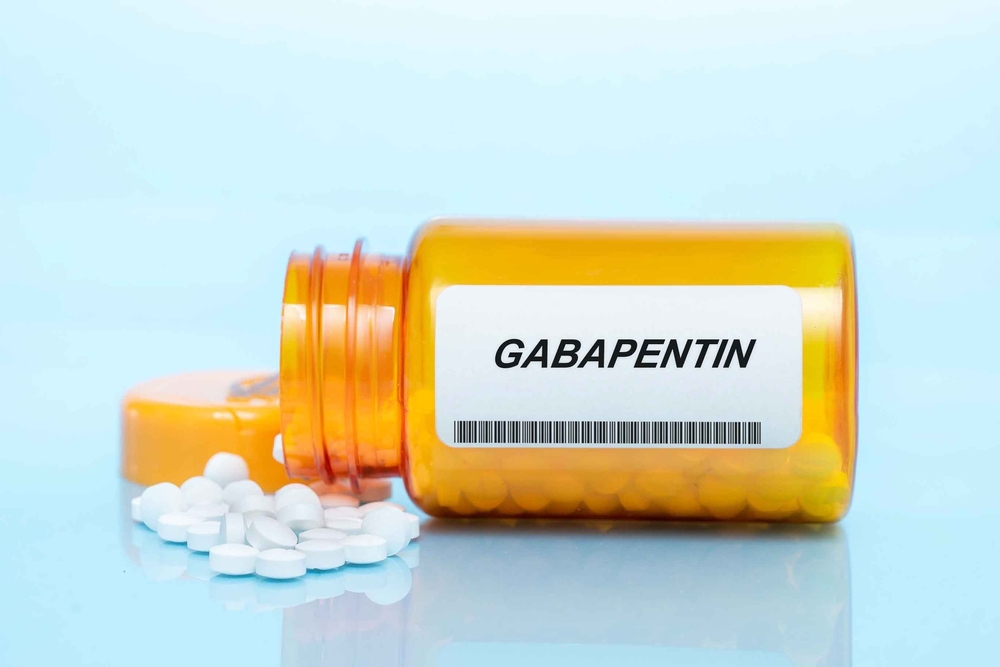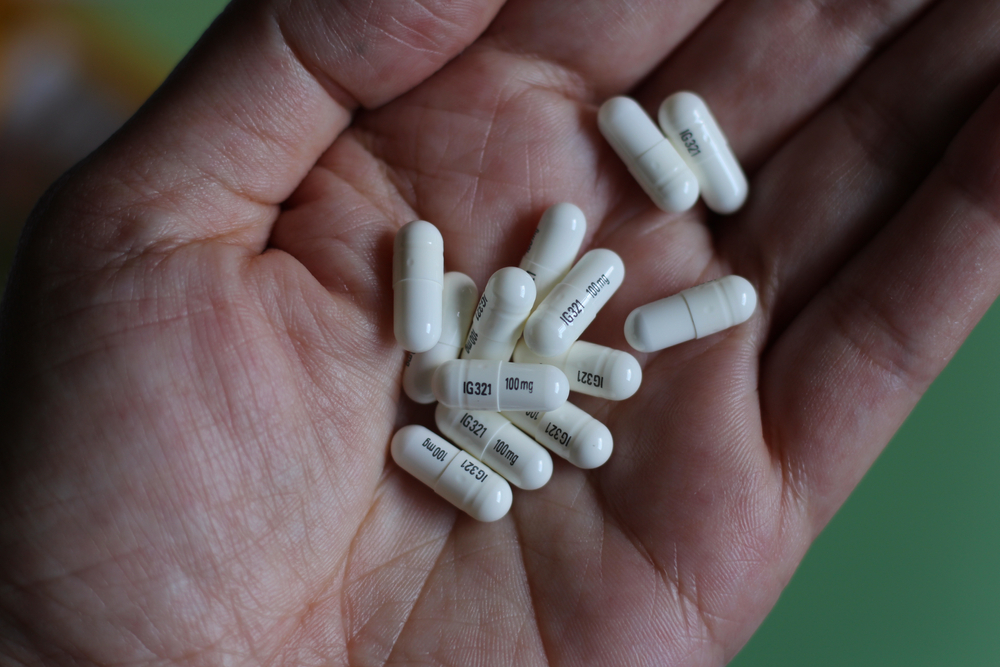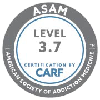Gabapentin is a medication widely used to treat conditions like nerve pain, seizures, and even anxiety. It’s often considered safe when used as prescribed, but like many medications, it comes with risks. While it may not be a controlled substance on the federal level, improper usage can lead to harmful consequences, including overdose.
Whether you’re currently taking gabapentin, considering it as a treatment option, or researching for a loved one, understanding the risks is important. In this blog post, we will answer common questions about this drug. We will also talk about how you can get help for gabapentin abuse.
What Is Gabapentin?
Gabapentin is a prescription medication primarily used to manage nerve pain and control seizures. Healthcare providers also often prescribe it for off-label uses, including anxiety, bipolar disorder, and alcohol withdrawal.
The Food and Drug Administration (FDA) first approved gabapentin in 1993 as an anticonvulsant. Over the years, its uses have expanded due to its effectiveness in calming overactive nerve activity. Gabapentin works by mimicking the neurotransmitter gamma-aminobutyric acid (GABA). This slows down nerve signals in the brain, making it a central nervous system depressant.
When taken under medical supervision, gabapentin can help alleviate a variety of symptoms. However, its usage must be closely monitored to ensure the correct dose of gabapentin is administered. This is because improper usage can result in harmful side effects.

Is Gabapentin Addictive?
Gabapentin isn’t classified as traditionally addictive like opioids or benzodiazepines, but that doesn’t mean it’s risk-free. Some people misuse gabapentin for its calming effects, leading to dependency over time.
The risk of gabapentin abuse has increased in recent years. There have been reports of people taking higher doses than prescribed to experience euphoria or relaxation. When taken for extended periods or in high doses, gabapentin can lead to withdrawal symptoms, such as anxiety, nausea, and insomnia when stopping gabapentin abruptly.
The risk of gabapentin addiction is particularly high among those with a history of substance abuse. This underscores the importance of following your doctor’s guidelines when prescribing gabapentin. If taken as directed, it can play a valuable role in managing pain or mental health issues without fostering substance dependency.
Are There Any Possibility Of Gabapentin Overdose?
Yes, it’s possible to overdose on gabapentin, though it’s rarely fatal when taken alone. Overdose risks significantly increase when gabapentin is combined with other substances like alcohol or opioids. These combinations can slow breathing and heart rate, leading to respiratory depression, coma, or even a fatal overdose.
Taking too much, whether intentionally or accidentally, can overwhelm the body, making its physical and psychological effects more dangerous. While gabapentin is generally well-tolerated, misuse or combining it with other drugs can turn a manageable issue into a life-threatening emergency.

Signs of Gabapentin Overdose and Treatment
Recognizing gabapentin overdose symptoms is key to preventing serious outcomes. Common symptoms include dizziness, drowsiness, slurred speech, tremors, and lethargy. Severe cases may involve respiratory depression, loss of coordination, or even unconsciousness.
Because gabapentin is a central nervous system depressant, too high a dose slows down the body’s essential functions. If you suspect someone is experiencing a drug overdose involving gabapentin, seek immediate help from a medical professional.
Best Detox Treatment in Orange County
Drug overdoses, regardless of the substance, are always dangerous and can have lasting consequences. Gabapentin overdoses, while less common than those involving other drugs, still pose significant risks, particularly when mixed with other substances.
Recovery often begins with detox, where the body safely eliminates the drug under medical supervision to minimize physical and psychological effects. Saddleback Recovery in Orange County provides a reliable, medically reviewed detox program to support those dealing with gabapentin addiction. If you or a loved one needs gabapentin addiction treatment, don’t hesitate to reach out for the help you need.









